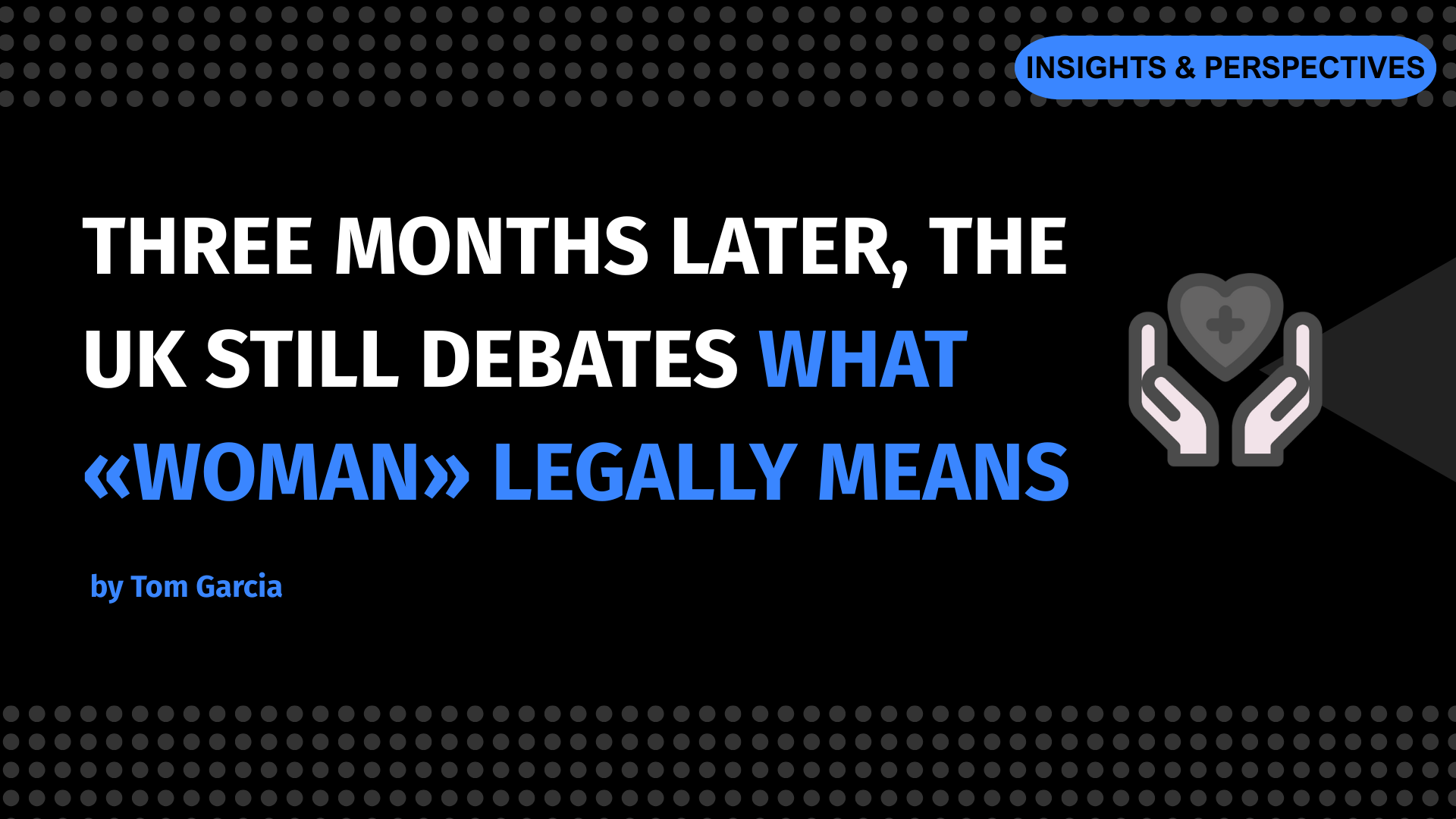In a landmark decision, the United Kingdom’s Supreme Court has unanimously ruled that the term “woman” under the Equality Act 2010 refers specifically to biological sex. The judgment, handed down in a case brought by campaign group For Women Scotland, concludes that legal protections associated with sex discrimination apply solely to individuals assigned female at birth.
The case examined whether transgender women with a Gender Recognition Certificate (GRC) — a document that legally acknowledges a person’s gender identity — are entitled to the same anti-discrimination protections as biological women under current equality legislation. The court determined that including trans women within the legal category of “woman” would lead to inconsistencies in the law, particularly concerning single-sex services such as changing rooms or shelters.
Lord Hodge, who delivered the court’s opinion, emphasized that the ruling does not remove protections for transgender individuals. He noted that trans people are still safeguarded from discrimination on the basis of gender reassignment under the Equality Act.
The decision has sparked strong reactions across the UK. Gender-critical organizations and campaigners celebrated the ruling as a “victory for reality over paperwork,” while LGBTQ+ advocacy groups expressed concern that it may limit access to safe spaces and legal protections for trans people. Human rights organizations like Amnesty International stressed the importance of upholding legal safeguards for all individuals, regardless of gender identity.
The UK government welcomed the court’s clarification, stating that the decision reinforces its commitment to protecting single-sex spaces. However, critics argue that the ruling could embolden efforts to roll back transgender rights.
While the case originated from Scottish legislation aimed at increasing women’s representation on public boards, its impact reaches far beyond regional governance, touching on broader legal and social debates surrounding sex, gender identity, and equality under the law.
Source: CNN



